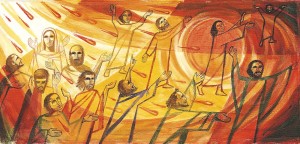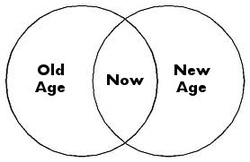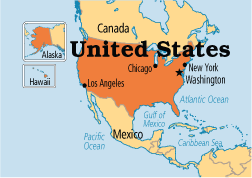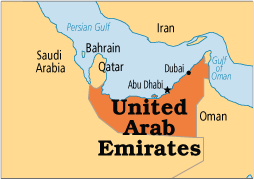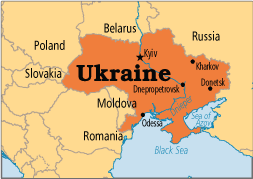The Passionate Spirit-ual Practices of Prayer
What are your present habits of prayer?
Read 1 Corinthians 12:12-31.
John Donne an English poet from the same period as Shakespeare wrote,
“No man is an island, entire of itself;
Every man is a piece of a continent, a part of the main.”
How does this reflect the Bible’s teaching about the Church being the Body of Christ?
How does this influence your perspective on praying alone? Praying with others? Praying with not-yet-Christians made in the image of God?
Tim mentioned several forms of prayer: the daily office, prayer-walking, and intercessory. Have you ever practiced other forms? What were they? Did you find them helpful? Would you commend them to others? Would you be willing to help another to learn how to pray in that way?
Crossroads always includes prayers for other nations in the bulletin. Why do you think this is an important topic for the church to be praying about?

